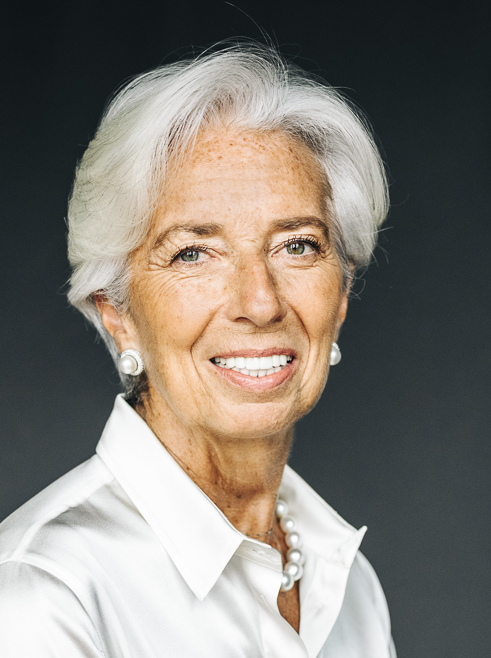- THE ECB BLOG
Ensuring price stability
23 July 2022
Raising interest rates is a landmark moment on our journey towards lower inflation.
Inflation is too high. Russia’s war in Ukraine has pushed up the cost of energy and agricultural goods. Shortages of materials, equipment and workers due to the pandemic are also lifting prices. This is hurting people and businesses across the euro area, especially those on low incomes.
Much of this inflation is being driven by factors that central bankers cannot control. But what we can do is ensure that inflation does not become persistent. That is what could happen if price rises spread through the economy and people start to expect higher inflation in the future. Then we could see the kind of wage-price spirals that have historically led to inflation getting out of hand.
That is why, on Thursday, my colleagues and I on the European Central Bank’s Governing Council decided to raise euro area interest rates by 0.5 percentage points, ending our eight-year spell of negative rates. We are united in our commitment to make sure that inflation returns to our 2% target over the medium term.
This was the first rate increase in 11 years. But it is in fact only the latest step in our journey to unwind the special measures we had to take to fight a series of crises. We started that journey last December, when we said we would halt our pandemic bond-buying programme, which helped the euro area cope with the economic fallout from the COVID-19 crisis. Last month, we halted another bond-buying programme dating from 2015 when the euro area was facing the risk of deflation, which can be just as damaging as high inflation.
Inflation will return to our 2% target
With these actions, we are sending a clear message to companies, workers and investors: inflation will return to our 2% target over the medium term. And these actions are already having an impact on interest rates across the euro area, which will help steer the economy in a way that leads us back to stable prices.
The euro has been, and will remain, a stable currency. That is what we are committed to. It is our job, and we will deliver.
We will keep raising rates for as long as necessary to bring inflation down to our target over the medium term. We also recognise that Europe is facing great uncertainty, not least over the war and energy prices. As the economy evolves and responds to the many challenges from outside and within, the Governing Council will review the situation and decide on the right pace for our next steps depending on the incoming data.
Policy transmission needs to be orderly across the whole euro area
We are conducting monetary policy in a monetary union of 19 countries – soon to be 20. As a result, our policy is transmitted to households and firms through 19 different financial markets. To address high inflation across the whole euro area, we need to make sure our policy transmission is orderly across all euro area countries. This is why we have also designed a new instrument, called the Transmission Protection Instrument (TPI). It will safeguard the singleness of our monetary policy, and so help us ensure prices remain stable over the medium term.
The euro unites 340 million people. It has been, and will remain, a stable currency. That is what we are committed to. It is our job, and we will deliver.
This ECB Blog post appeared as an opinion piece in various newspapers and websites across Europe.
Subscribe to the ECB blog


